In retirement, prioritizing stability is crucial—not just the growth of your account value. While it’s tempting to focus on maximizing returns, the reality is that you need a reliable income stream to support your lifestyle and replace your paycheck. Relying on market fluctuations for your financial security can lead to uncertainty and stress. Instead, having a consistent monthly income allows you to keep your savings intact while enjoying your retirement.
Is a Roth IRA the Best Place to Generate Income?
Roth IRAs offer tax advantages, allowing your investments to grow tax-free and generally provide tax-free withdrawals in retirement. While a Roth IRA can hold a wide range of investment options, many are invested in stocks or bonds, which can fluctuate in value. This volatility means that while your account may grow, it may not provide the steady income you need to cover your monthly expenses.
Of course, it’s a good idea to make sure your holdings align with your risk tolerance, so you might want to consider allocating your retirement account funds to certain assets considered less risky. However, there’s still no guarantee that your principal investment is protected. If your goal is safety first, over returns or income (for example), might you prefer to have your principal protected even if your upside is capped at a certain level? Nobody can answer that question for you, but some people don’t know there are other options outside of directly investing in markets to achieve that.
An Alternative Option: Annuities
Annuities may provide an alternative option to give you the type of financial situation your retirement life needs. Annuities are designed to provide financial security, with options for generating guaranteed income making them an excellent option for retirees seeking stability. They can offer a predictable monthly payout, which can help ensure that your essential expenses are covered without the worry of market volatility.
If you have a Roth 401(k) or IRA, you can roll over those funds into an annuity. This process allows you to transfer your retirement savings into an annuity without incurring taxes or penalties, as long as it’s done correctly. By doing so, you can convert your tax-advantaged savings into a structured income stream tailored to your retirement needs.
The Key to Navigating Annuity Options
While annuities can be a powerful tool for generating income in retirement, they can also be complex, and their structures may not suit everyone. A financial professional who understands your unique situation and goals can help clarify the options available to you to support the retirement life you worked so hard for and guide you in making the best decisions for your retirement income strategy. Contact us today to get started on securing your financial future!
Sources: https://www.thrivent.com/insights/annuities/annuity-rollover-rules-options-considerations
This information is provided as general information and is not intended to be specific financial guidance. Before you make any decisions regarding your personal financial situation, you should consult a financial or tax professional to discuss your individual circumstances and objectives. The sources used to prepare this material is believed to be true, accurate and reliable, but is not guaranteed. An annuity is intended to be a long-term, tax-deferred retirement vehicle. Earnings are taxable as ordinary income when distributed, and if withdrawn before age 59½, may be subject to a 10% federal tax penalty. If the annuity will fund an IRA or other tax qualified plan, the tax deferral feature offers no additional value. Qualified distributions from a Roth IRA are generally excluded from gross income, but taxes and penalties may apply to non-qualified distributions. Consult a tax advisor for specific information. Any distributions may be subject to ordinary income tax and, if taken prior to age 59 ½, an additional 10% federal tax.
SWG 3794085-0824











